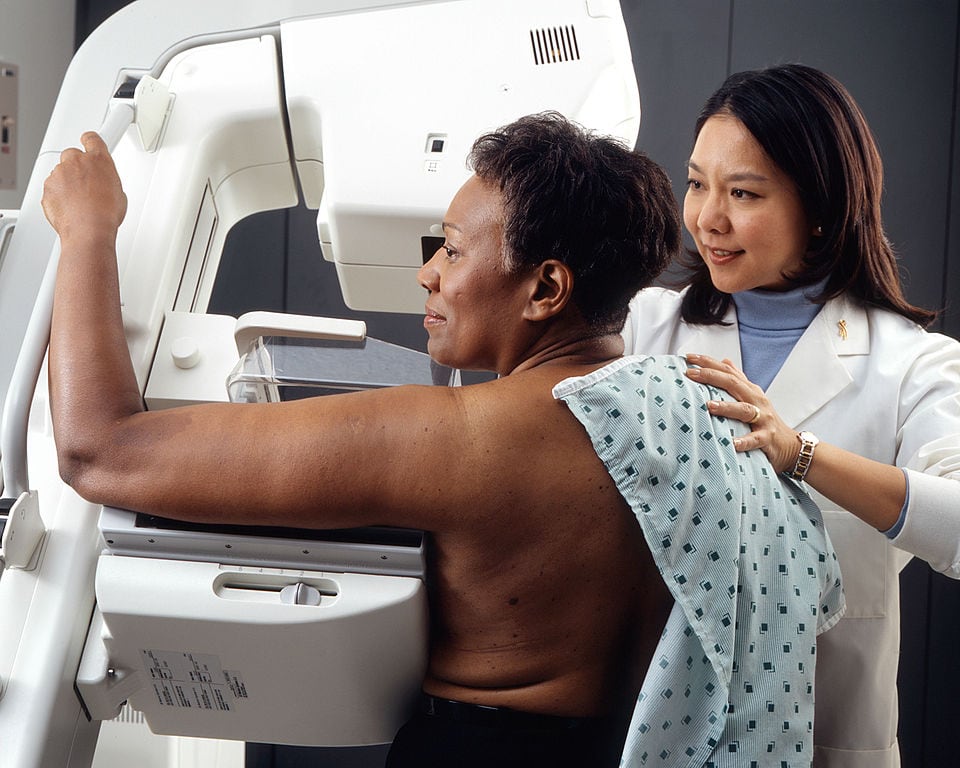In 2017, the U.S. Senate unanimously passed a resolution that designated September as Polycystic Ovary Syndrome (PCOS) Awareness Month. Three years later, organizations such as the National PCOS Association continue to host workshops, 5K walks and educational seminars to inform and support those whose lives are impacted by PCOS.
If you’ve never heard of PCOS, chances are you’re not alone. This endocrine disease, caused by an imbalance of hormones such as androgens, insulin, and progesterone, is often undiagnosed and undertreated. It can be diagnosed anywhere between the ages of 12 and 51, but an estimated 50% of annual PCOS cases go undiagnosed in the U.S. It is also the leading cause of infertility in women according to the Office on Women’s Health. The prevalence rate among African-American women is approximately 8%, compared to 13% among Hispanic women and 4.8% among Caucasian women.
Symptoms include infrequent, absent or irregular menstrual periods, unwanted hair growth on the face or body (hirsutism), weight gain, acne, and mood changes, and these can vary greatly from one woman to the next. One common misconception is that cysts on the ovaries are a necessary precursor for a PCOS diagnosis, but specialists like Lara Briden, MD, explain why this is not the case.
“Polycystic ovaries are not cysts,” she writes in a May 2020 blog post. “They’re follicles or eggs which are normal for the ovary. It’s normal for all women to sometimes have a higher number of follicles.” She adds that this is why an ultrasound test for polycystic ovaries is no longer a standard part of the diagnosis.
While studies broadly exploring PCOS in Black women are lacking, there is research showing that Black women with PCOS encounter treatment bias and a lack of understanding about the aspects of PCOS that are more likely to harm their health. Black women are more likely to experience PCOS-related hirsutism, obesity, and infertility. A detailed study, conducted by researchers at New York University and the University of Pennsylvania, found that compared to White women, Black women with PCOS have an increased risk of metabolic syndrome and cardiovascular disease, and higher rates of morbidity.
While there is no cure for the disease, symptoms can be managed. Treatment plans differ based on which type of PCOS you have, so see an endocrinologist (hormone disorder specialist) to get an accurate diagnosis. Some treatments incorporate prescription medications for regulating insulin and reducing inflammation, while others focus on lifestyle changes like maintaining a healthy weight and managing stress levels.
Apart from your healthcare provider, there are many resources for learning more about PCOS and its health outcomes: the official PCOS Awareness Association website provides practical tips for navigating the PCOS journey, and The Black Women’s Health Imperative analyses it through the lens of health inequality. Additionally, social networks like myPCOSteam provide a safe space where women can share their experiences and support each other emotionally.
Greer Jackson is a freelance journalist in Washington, DC.








